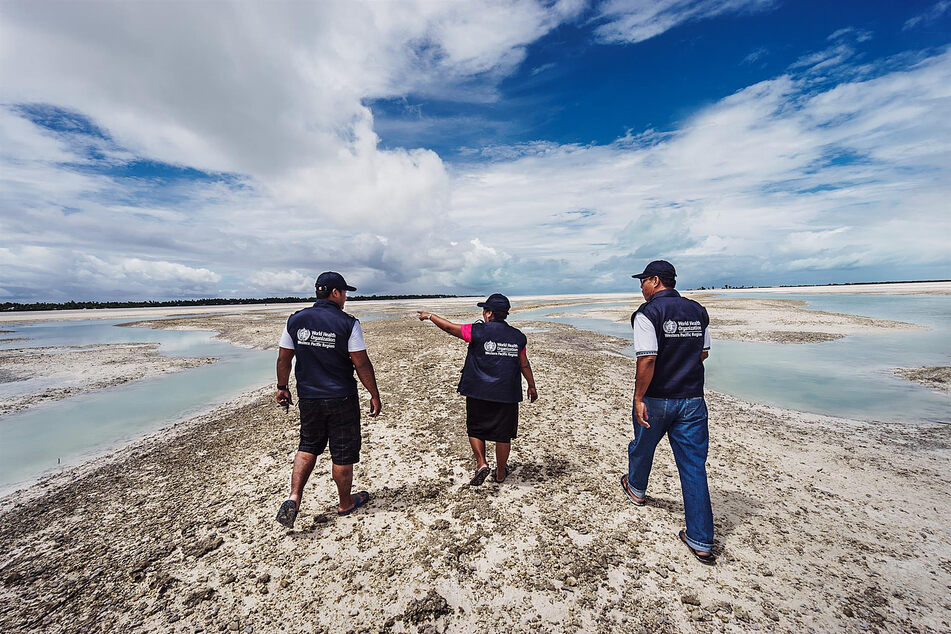WHO demands serious climate action to avoid "health catastrophe"
Geneva, Switzerland - Ahead of COP26, the United Nations Climate Change Conference in Glasgow, the World Health Organization has made a strong call for ambitious new climate-change targets.

"The burning of fossil fuels is killing us," it announced in Geneva on Monday. "Climate change is the single biggest health threat facing humanity."
In 10 recommendations, the WHO demanded, among other things, better quality of life in cities, priority for pedestrians, cyclists and public transport users, and a sustainable agricultural economy.
Some 300 associations, on behalf of 45 million caregivers worldwide, issued an appeal to governments to adopt tougher climate action.
Improvements in climate protection would have an enormous positive effect on health, according to the WHO, and it could save considerable costs that arise from illness.
The WHO appeal said: "Wherever we deliver care, in our hospitals, clinics and communities around the world, we are already responding to the health harms caused by climate change."
Among these harms, it mentions heatwaves, forest fires, malnutrition due to crop failure, among others.
"We call on the leaders of every country and their representatives at COP26 to avert the impending health catastrophe," the WHO said.
According to the organization, air pollution alone causes around 7 million premature deaths every year, around 13 per minute.
If the WHO standards for air pollution were adhered to, including a significant reduction of the greenhouse gas emissions that fuel climate change, 80% of the deaths caused by air pollution could be avoided.
Cover photo: WHO/Yoshi Shimizu
